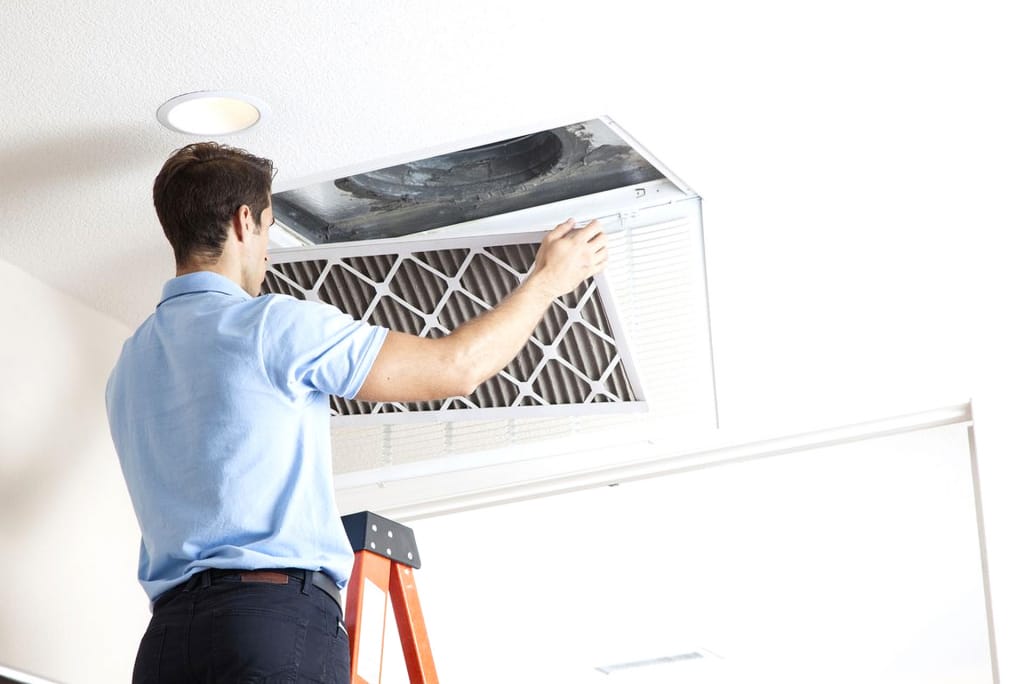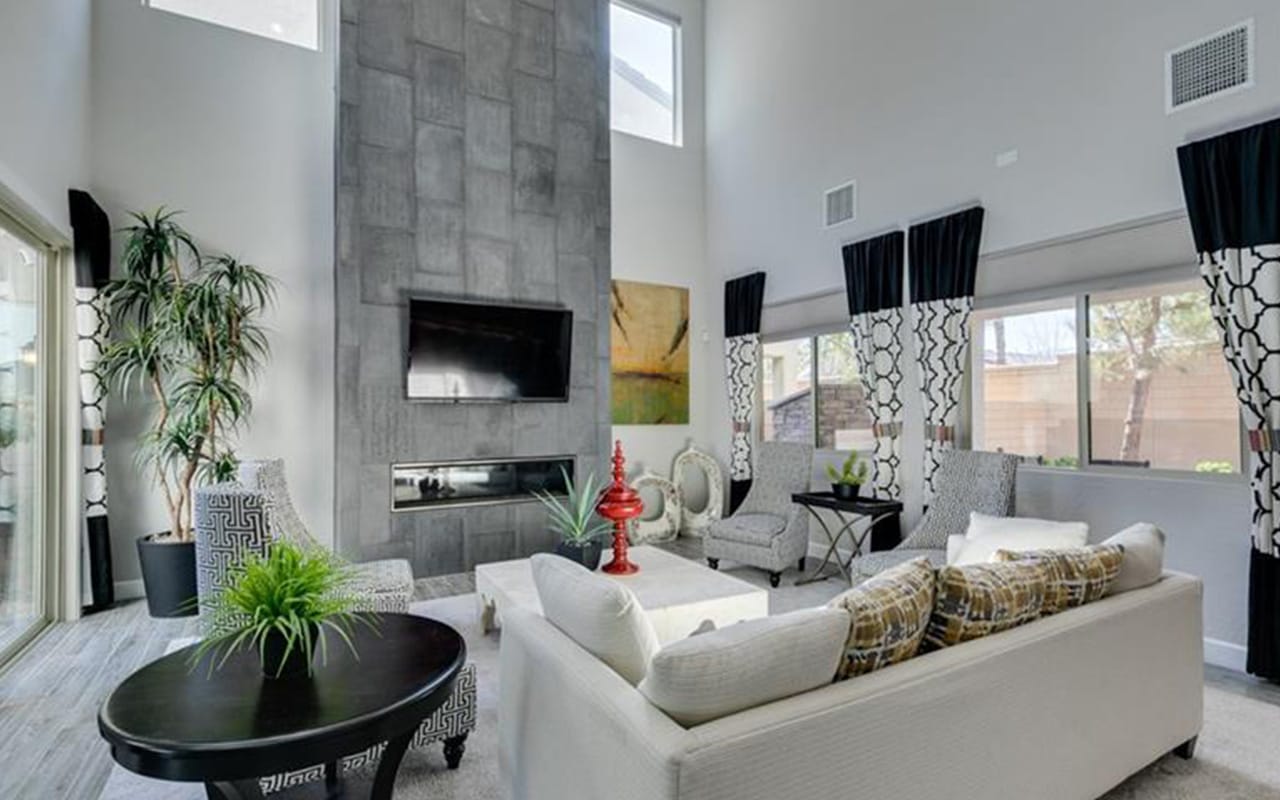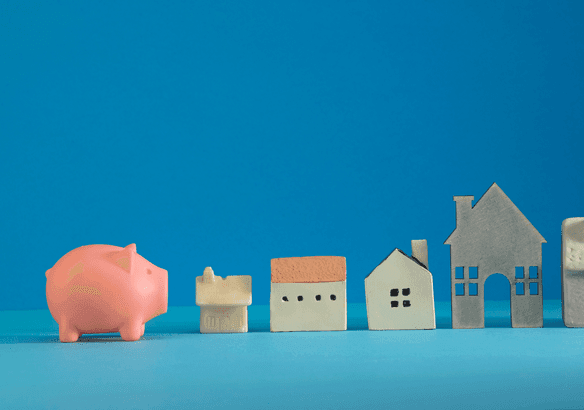It’s easy to forget about routine maintenance, but giving your home a little TLC now and then is crucial for keeping everything running smoothly. One simple yet effective task that can make a big difference is regularly replacing your heating and cooling filters. Doing so ensures that your HVAC system functions efficiently and continues to keep your home comfortable year-round.
Why You Should Replace Your Filters Regularly
Over time, air filters in your heating and cooling systems collect dust, pet hair, and other particles. This buildup can restrict airflow, making your system work harder to maintain the desired temperature. When airflow is blocked, not only does the unit become less efficient, but it can also put strain on the motor, which could lead to costly repairs or even premature breakdowns.
Keeping your filters clean ensures that air flows freely, helping your system run at its best. It also improves the air quality in your home, which is particularly important if someone in your household has allergies or respiratory issues.
How Often Should You Replace Your Filters?
The general recommendation is to change your filters every 90 days, but this can vary based on several factors:
If you have pets, especially ones that shed, it’s a good idea to replace your filters more frequently—about every 60 days. Pet fur and dander can quickly clog filters, reducing efficiency.
For households with allergy sufferers, changing filters every 20 to 45 days is beneficial. A fresh filter helps trap more allergens and keeps indoor air cleaner, which can ease symptoms.
High usage seasons, such as summer and winter, might also require more frequent filter changes. During these months, your heating or cooling system works harder, which means the filters will need replacing more often.

Changing Filters Is Easier Than You Think
The good news is that replacing your heating and cooling filters is a quick and easy task. Filters come in standard sizes, and the size is clearly marked on the side of the filter, so you can easily find the right one at your local hardware store or order it online.
Simply turn off your HVAC unit, remove the old filter, and replace it with a new one. Most systems have the filter located behind a grill or panel near the air intake. If you’re unsure where yours is located, your user manual will guide you.
Stay on Track with Preventative Maintenance
To make home maintenance easier, especially when you’re juggling other tasks, having a checklist can be a huge help. Many homeowners use a maintenance checklist, phone apps or just the email calendar to remain to stay on top of essential tasks like replacing air filters.
Keeping a regular schedule not only ensures that your heating and cooling systems run smoothly but also helps you catch any potential issues before they turn into expensive repairs.
Conclusion: A Little Maintenance Goes a Long Way
Replacing your HVAC filters regularly is a small task with big benefits. It helps your heating and cooling systems run more efficiently, improves air quality, and prevents costly repairs down the line. Whether you do it every 90 days or more frequently based on your home’s needs, taking a few minutes to change your filters can make a world of difference in maintaining a comfortable and healthy living environment.




Join The Discussion